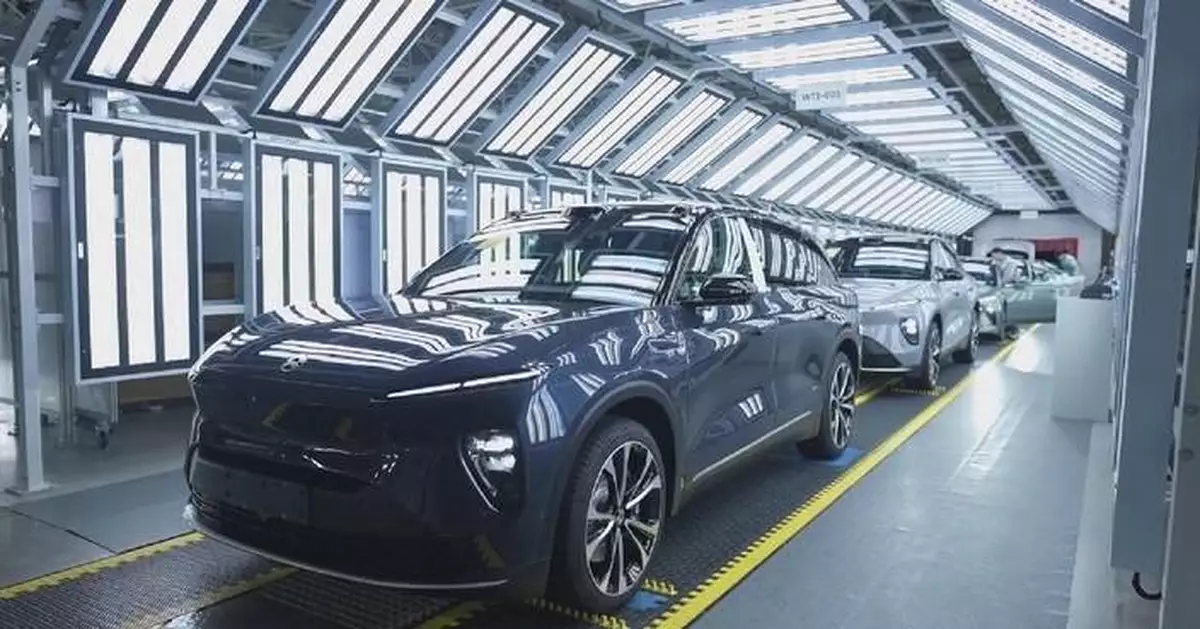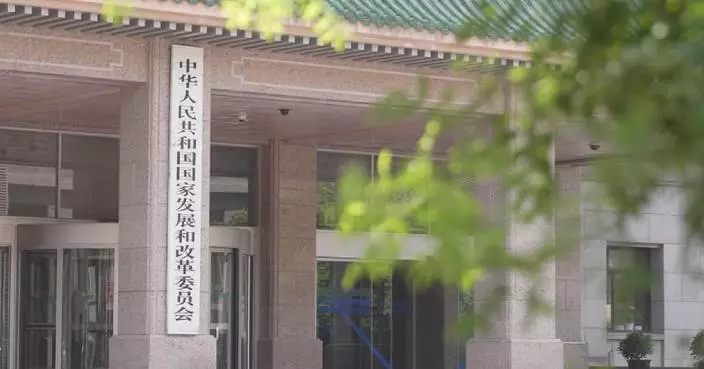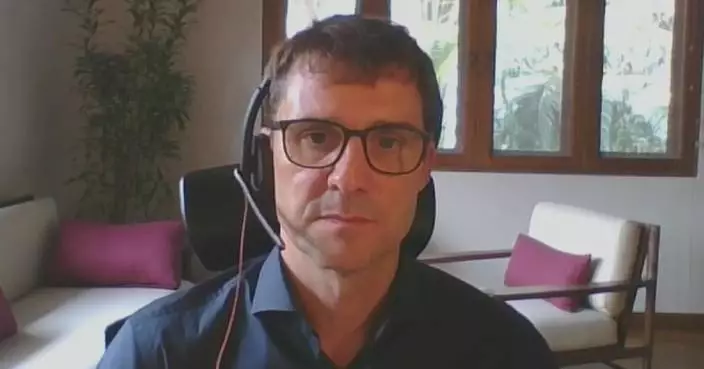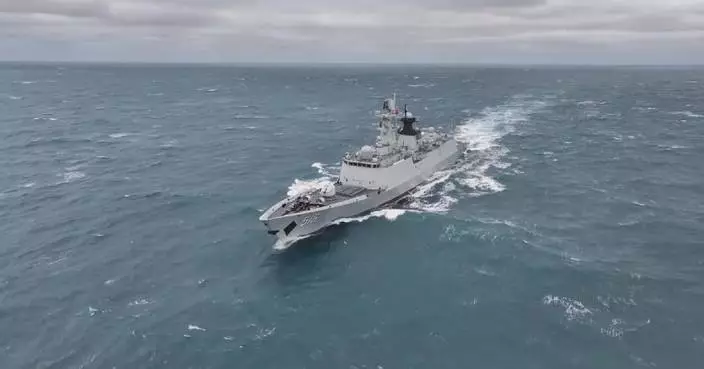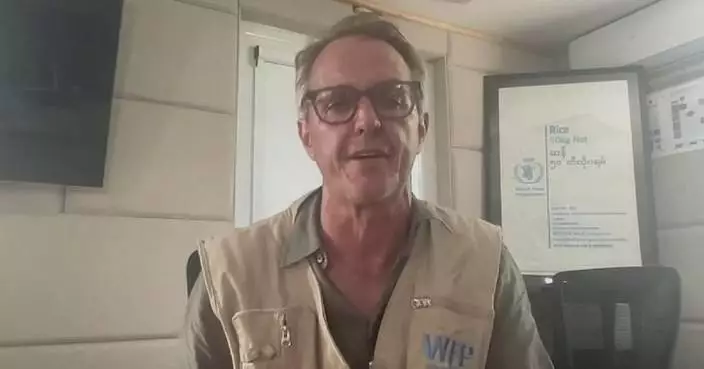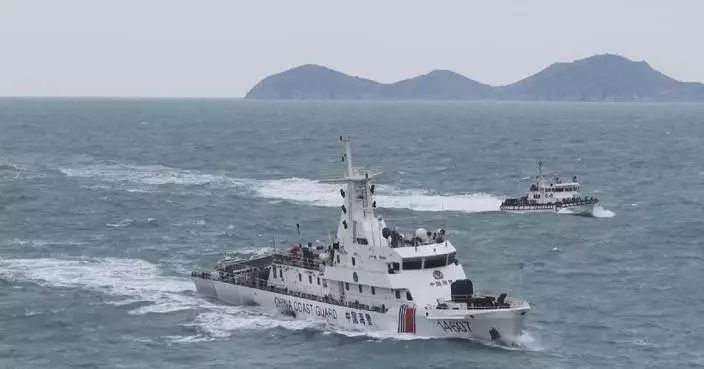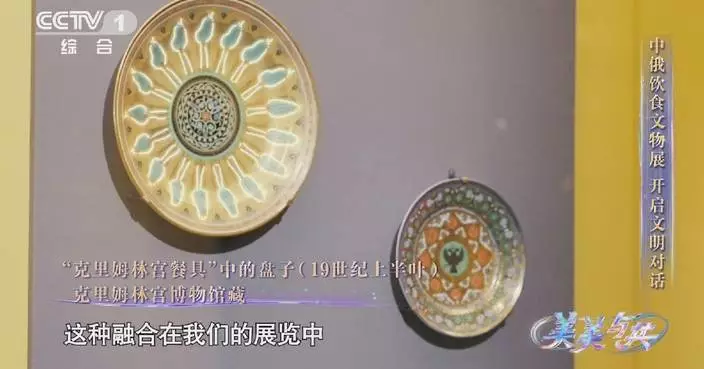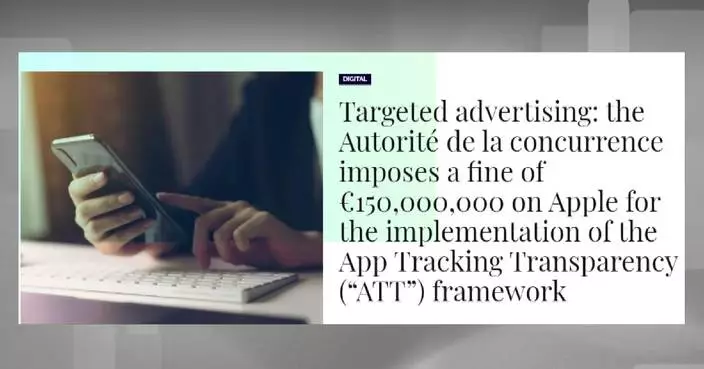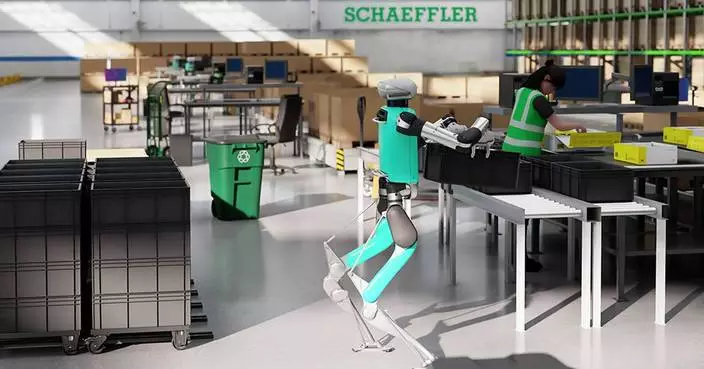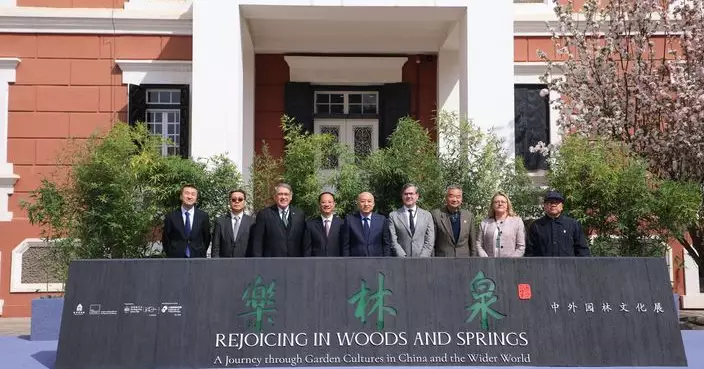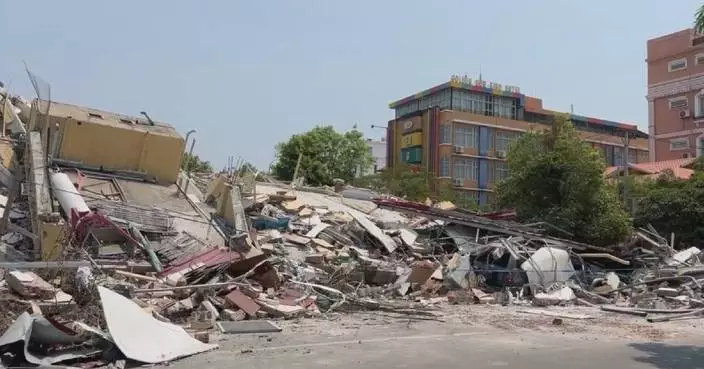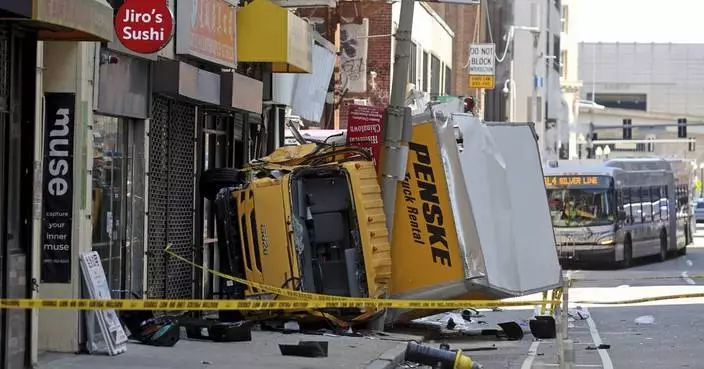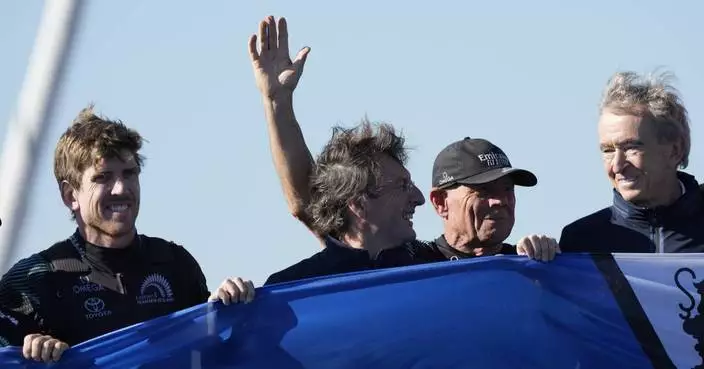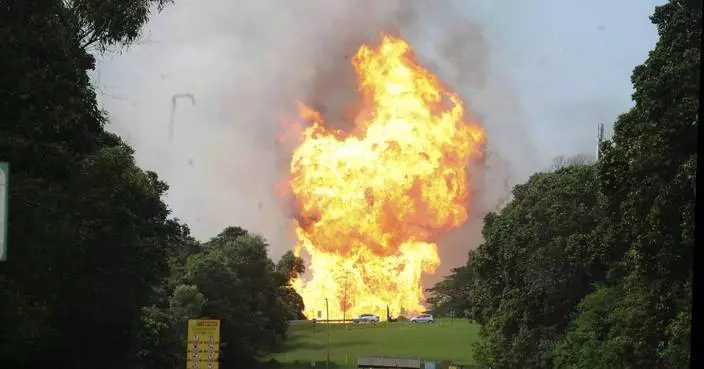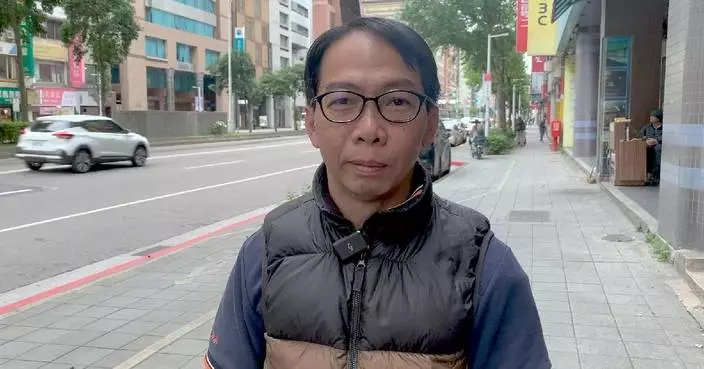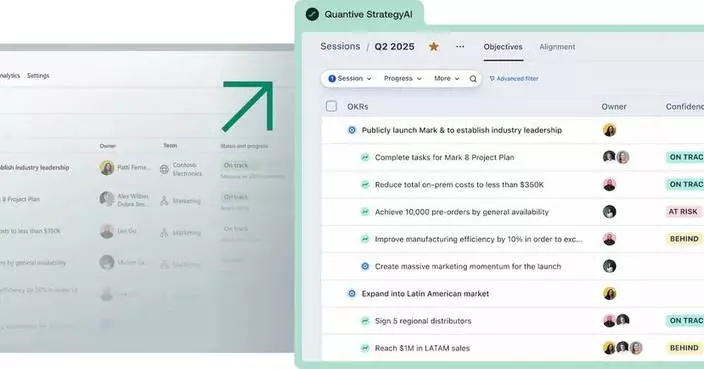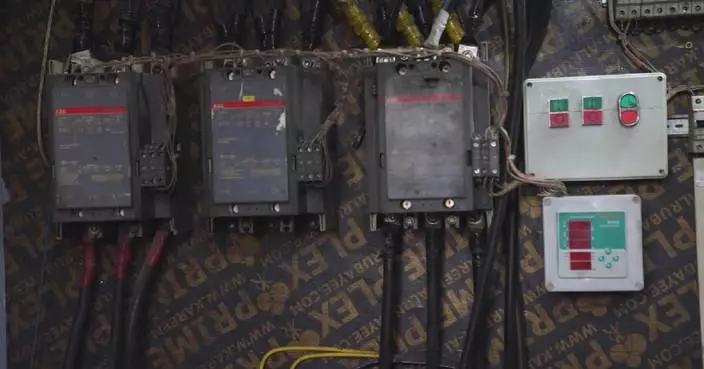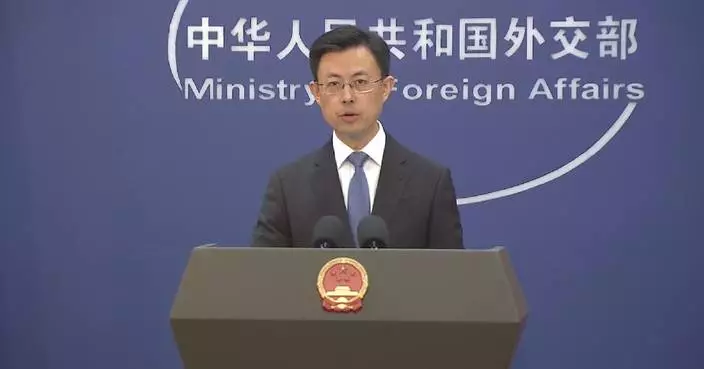The production and sales of automobiles in China saw a rapid growth in April, the latest data from the China Association of Automobile Manufacturers (CAAM) showed on Saturday.
In April, the production of automobiles in China reached 2.406 million units in total, rising 12.8 percent in year-on-year terms. Their sales increased 9.3 percent to 2.359 million units.
Specifically, new energy vehicle (NEV) production hit 870,000 units and their sales reached 850,000 units, up by 35.9 percent and 33.5 percent respectively year on year.
This growth propelled the market share of NEVs to a notable 36 percent in April.
In addition, the sales of Chinese-brand passenger vehicles reached 1.272 million units, taking up 63.5 percent of the total sales volume. Their market share increased by 8.4 percentage points compared with the same period in 2023.
"In the first four months of 2024, the market share of domestic-brand passenger vehicles surpassed 60 percent. The figure was 63.5 percent in April, continuing the growth momentum of recent years. Currently, China's NEV industry has realized the shift from focusing on quantity to quality, with its development speed beyond previous expectations," said Chen Shihua, deputy secretary general of the CAAM.
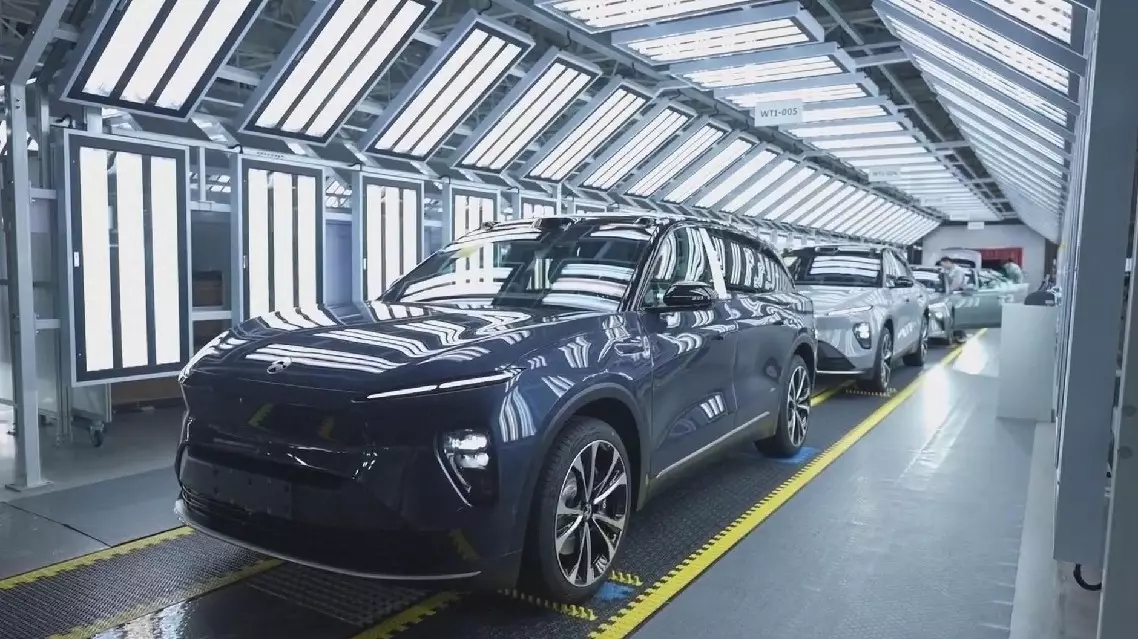
China's automobile output, sales grow rapidly in April
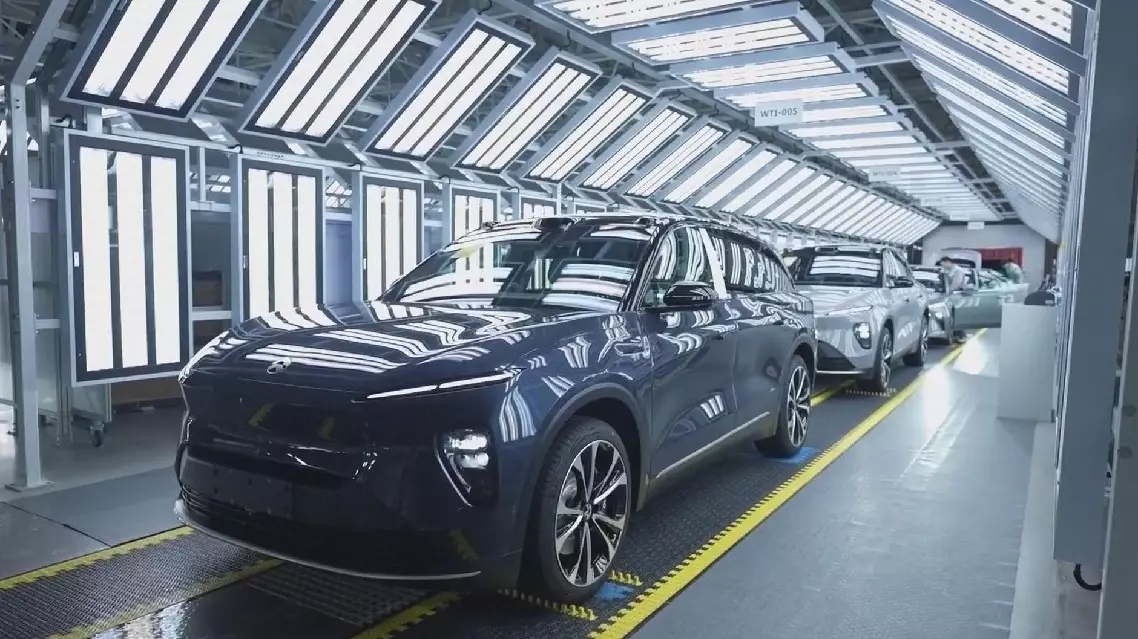
China's automobile output, sales grow rapidly in April
Chinese Foreign Minister Wang Yi and Russian Foreign Minister Sergey Lavrov agreed on Tuesday to jointly advance the development of bilateral relations and cooperation across various fields.
Wang is on an official visit to Russia where he held talks with Lavrov.
Wang, also a member of the Political Bureau of the Communist Party of China Central Committee, said Chinese President Xi Jinping and Russian President Vladimir Putin have twice engaged in strategic communication so far this year, guiding the steady progress of bilateral relations amid the major changes unseen in a century and making new important deployments to deepen comprehensive strategic coordination between the two countries.
China is willing to work with Russia to implement the consensus reached by the two heads of state, jointly advance the development of bilateral relations and cooperation across various fields, and continue to benefit the two peoples, Wang said.
Wang noted that this year marks the 80th anniversary of the victories of the Chinese People's War of Resistance Against Japanese Aggression, the Soviet Union's Great Patriotic War and the World Anti-Fascist War, as well as the 80th anniversary of the founding of the United Nations (UN).
China is willing to work with Russia to shoulder the special responsibilities as permanent members of the UN Security Council to safeguard the outcomes of World War II, as well as international fairness and justice, he said.
China is also ready to work with Russia to promote a multi-polar world and greater democracy in international relations, so as to make new contributions to the cause of peace and development, he added.
Wang expressed his confidence that under the strategic guidance of the two heads of state, the China-Russia comprehensive strategic partnership of coordination for a new era will gain fresh momentum and reach a new stage.
For his part, Lavrov said that Putin and Xi have injected strong impetus into bilateral strategic coordination, guiding bilateral relations to an unprecedented level.
Russia and China share a long tradition of good-neighborliness and friendship, a long border and broad common interests, Lavrov said, adding that Russia is willing to work with China in accordance with the guiding principles set by the two heads of state to achieve new results in bilateral relations.
Lavrov noted that facing the complex international landscape, Russia and China have maintained close coordination to inject stability to the world.
Russia highly appreciates the global initiatives that China proposed, fully supports China's position on the Taiwan question, and is willing to jointly uphold the purposes and principles of the UN Charter, and safeguard a just and equitable international order, he said.
The two sides agreed to strengthen coordination between the two foreign ministries and prepare for exchanges at all levels later this year, deepen practical cooperation in various fields and consolidate the material foundation of bilateral relations.
They pledged to make the China-Russia Years of Culture a success, enrich cultural exchanges and enhance friendship between the two peoples.
They also agreed to enhance coordination within frameworks such as the Shanghai Cooperation Organization, BRICS, the G20 and the UN to jointly safeguard the legitimate rights and interests of Global South countries.
The two sides also exchanged views on the Ukraine crisis. Lavrov said that Russia eyes for eliminating the root causes of the crisis and is committed to building a lasting security architecture for Eurasia.
Wang reiterated China's consistent position and expressed support for all peace efforts, noting that China is willing to continue to build more international consensus through the Group of Friends for Peace and play a constructive role in promoting a political settlement of the crisis.
The two sides also coordinated their positions on the current international situation, particularly developments in the Asia-Pacific region.
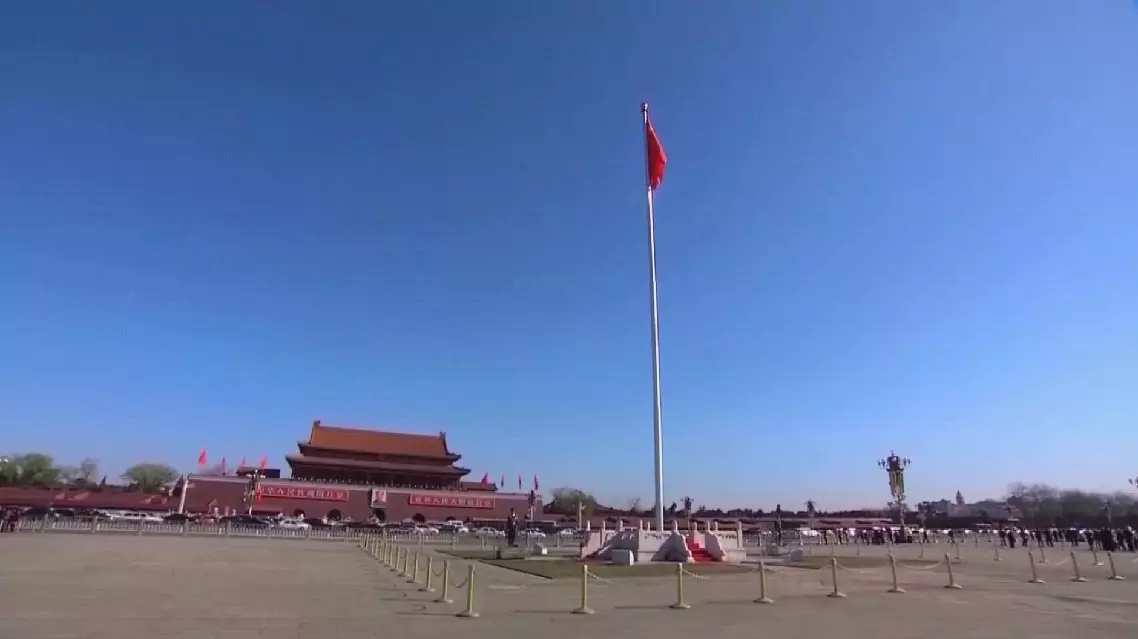
Chinese, Russian FMs agree to deepen practical cooperation, safeguard just int'l order




